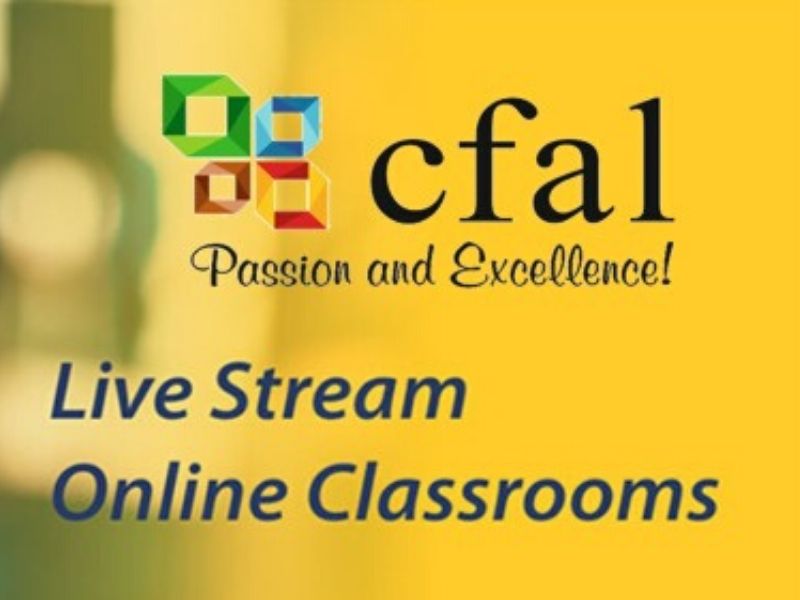“We were one of the first institutions in the city to switch to online classes following the COVID-19 outbreak. The challenges were many — we were aware that many students don’t learn as well online as they do in face-to-face classes and setting up a good online course took time. However, we took the challenges head-on and worked on ways to make it a perfectly workable solution for all by redesigning our courses to emphasise interaction, letting students know what it’s like to take a live online course, and providing virtual online resources that mimic what’s available on campus.”
– Vijay Moras, coordinator, Centre for Advanced Learning (CFAL) – a coaching institution for engineering entrance and scholarship exams based in Mangalore (Karnataka).
Training programme for faculty
With professors and instructors not well equipped to conduct virtual classes, a special training programme was conducted to introduce them to the nuances of conducting live online classes. They were also trained on using IPAD Pro to communicate with students online.
Scaling up of online learning solution
“Our online learning platform allows students to “raise hands,” share screens, message the host and other attendees, and break off into smaller discussion groups. Instructors find it relatively easy to have students ask questions verbally but it’s important for everyone to use headsets or headphones to avoid feedback noise and echoes. Overall, our live online classes are working quite well for students who are well-resourced, who do well in school already,” says Moras.
Students Voices
“The video classes are a clever solution for the current situation. I have not faced any major issues so far with the online classes and find them very useful.” – Mohitha
“I am finding the new way of learning quite interesting. The sessions are overall very well balanced and very useful.” – Rakshitha
Also read: QS IGAUGE Report: COVID-19, second wind for higher education in India
